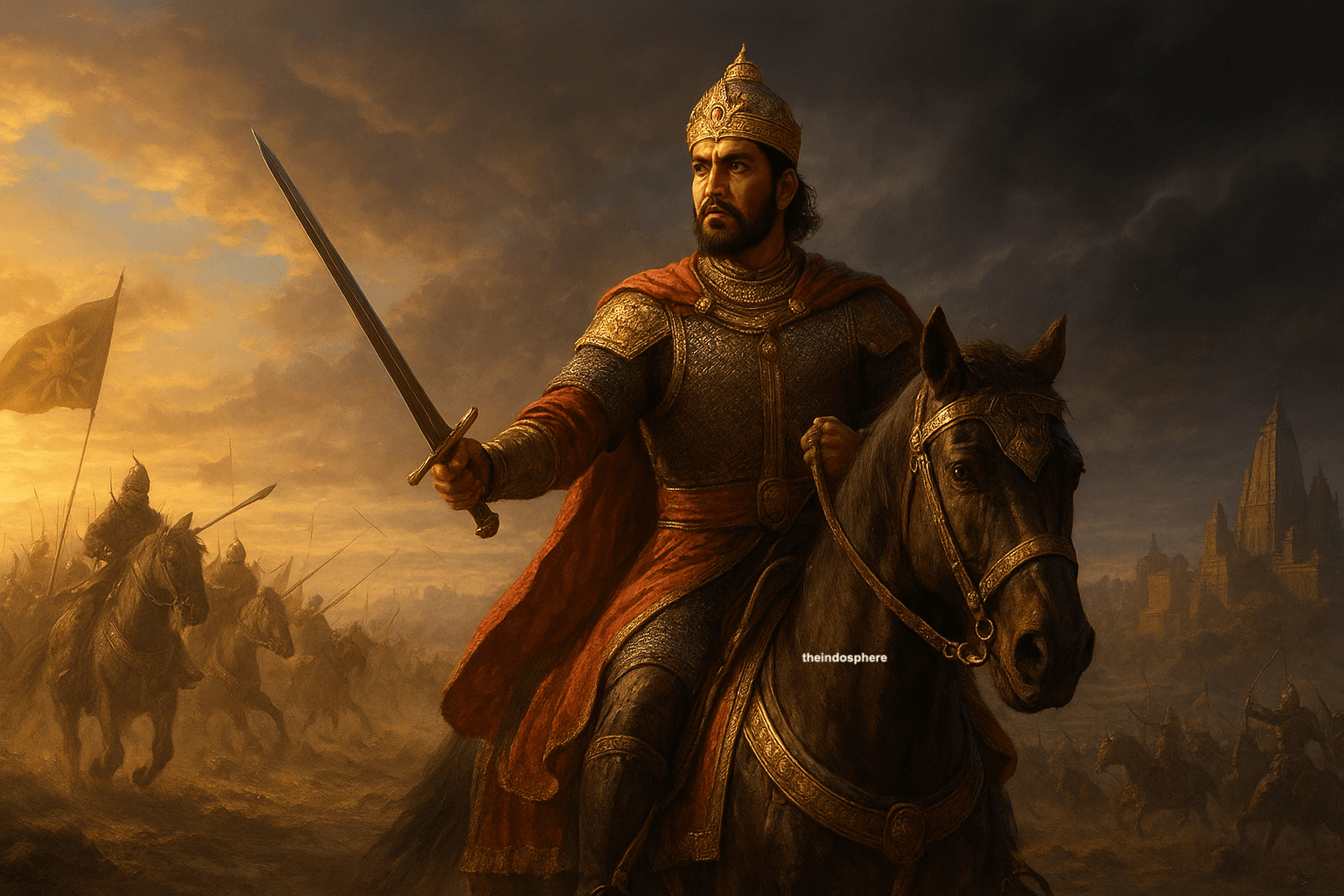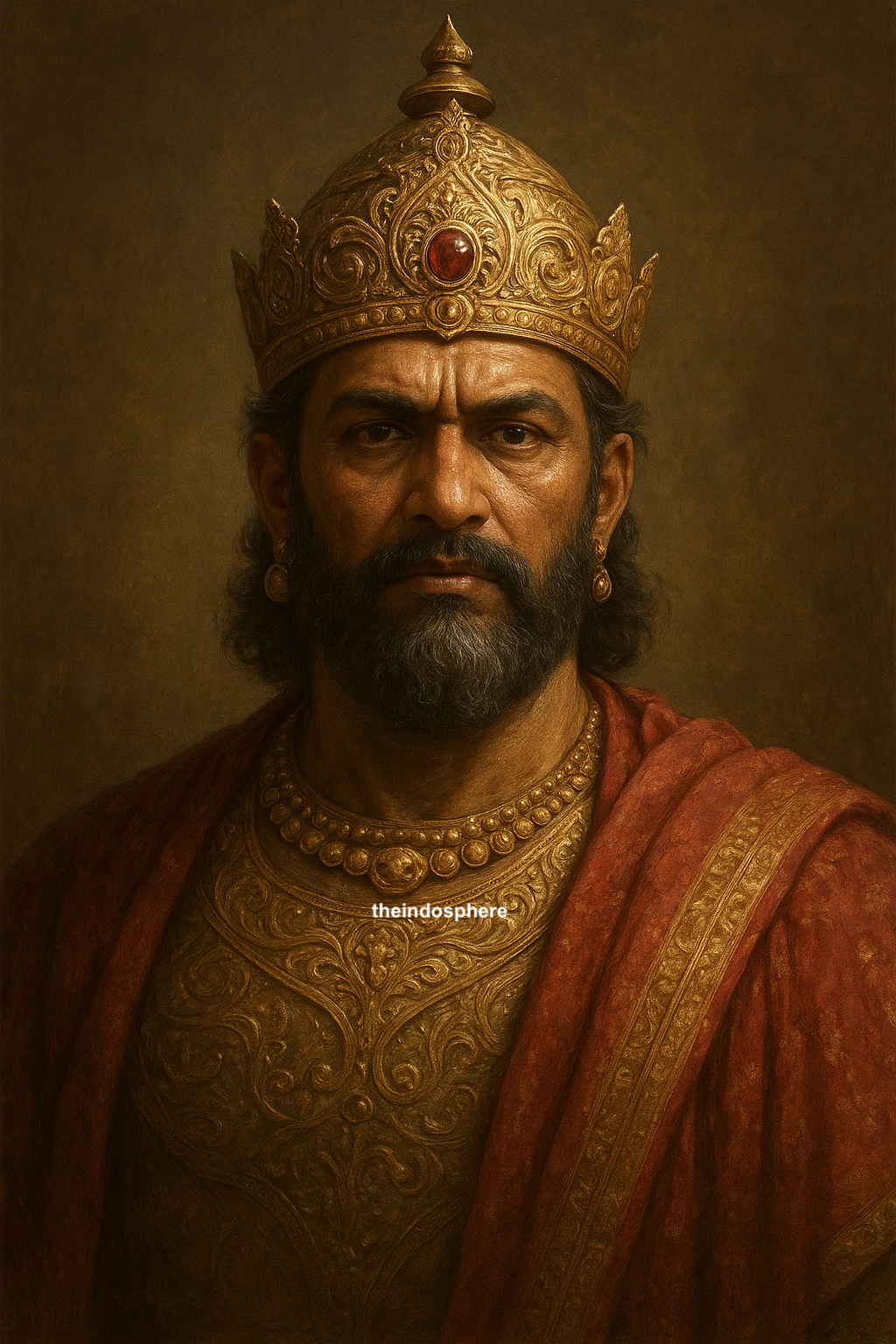
Bharatiya Janata Party (BJP),
Often referred to as the BJP, is one of India’s major political parties and has played a pivotal role in shaping the nation’s political landscape. Founded on April 6, 1980, the party has come a long way since its inception and has emerged as the world’s largest political party. This article explores the origins of the BJP, the issues it has tackled, its electoral performance, founders and important leaders, key decisions and legislations, and its role in ushering in an economic revolution.
Origins of the BJP
The BJP traces its roots to the Bharatiya Jana Sangh, a right-wing political party founded by Dr. Shyama Prasad Mukherjee in 1951.

The Jana Sangh aimed to uphold the values of cultural nationalism, social conservatism, and Hindutva, the promotion of Hindu culture and identity. In 1977, the Jana Sangh merged with other parties to form the Janata Party, which briefly came to power at the national level. However, ideological differences within the Janata Party led to the formation of the BJP in 1980. Prominent leaders of the Jana Sangh, including Atal Bihari Vajpayee and Lal Krishna Advani, played pivotal roles in shaping the new party.

Key Issues Tackled by the BJP
- Ram Janmabhoomi Movement: The BJP actively supported the construction of a Ram temple in Ayodhya at the site believed to be the birthplace of Lord Rama. This issue gained significant prominence in Indian politics and led to the demolition of the Babri Masjid in 1992.
- Economic Reforms: The BJP has consistently championed economic liberalization and market-oriented reforms. Under the leadership of Prime Minister Atal Bihari Vajpayee, India underwent major economic transformations, including the privatization of state-owned enterprises and economic liberalization.
- National Security: The BJP has been known for its strong stance on national security issues, particularly in dealing with terrorism. It took decisive actions like conducting nuclear tests in 1998 and responding militarily to terrorist attacks, such as the 2019 Balakot airstrike.
Election Results
The BJP has steadily increased its electoral presence over the years. Below is a table highlighting some of the important election results for the BJP:
| Year | Lok Sabha Seats | Key Events |
|---|---|---|
| 1984 | 2 | Formation of BJP |
| 1991 | 120 | Economic reforms begin |
| 1996 | 161 | Coalition government |
| 1998 | 182 | Atal Bihari Vajpayee PM |
| 2004 | 138 | Coalition government |
| 2014 | 282 | Narendra Modi becomes PM |
| 2019 | 303 | Re-election of Modi |
Founders and Important Leaders
The BJP has been led by several prominent leaders throughout its history. Some of the key founders and leaders include:
- Atal Bihari Vajpayee: The first BJP Prime Minister of India, known for his oratory skills and economic reforms.
- Lal Krishna Advani: A senior leader who played a significant role in the Ayodhya movement.
- Narendra Modi: Current Prime Minister, known for his development-oriented policies and leadership.
- Amit Shah: The BJP President who worked extensively on expanding the party’s base.
- Rajnath Singh: A senior leader who served as the Home Minister and Defense Minister.
Key Decisions and Legislations
The BJP government, under the leadership of Prime Minister Narendra Modi, has initiated several transformative decisions and legislations, including:
- Goods and Services Tax (GST): Introduced the GST, a unified tax regime, to streamline the indirect tax structure.
- Make in India: An initiative to boost manufacturing and promote India as a global manufacturing hub.
- Swachh Bharat Abhiyan: A nationwide cleanliness campaign to improve sanitation and hygiene.
- Digital India: A program to promote digitalization, e-governance, and broadband connectivity.
- Jan Dhan Yojana: A financial inclusion program to provide banking services to all citizens.
- Road Infrastructure: Massive investments in road development and expansion to enhance connectivity.
- UPI Revolution: The Unified Payments Interface (UPI) has transformed digital payments, making them more accessible to all.
- Aadhaar Card: A unique identification system that has streamlined government services and welfare distribution.
- Toilets for Every Household: The Swachh Bharat Abhiyan aimed to provide toilets to every household, significantly improving sanitation.
- Providing Gas to Every Household: The Pradhan Mantri Ujjwala Yojana ensured LPG connections to economically weaker households.
- Tap to Every Home: The Jal Jeevan Mission aims to provide tap water supply to every rural household.
- Road Infrastructure and Logistics
- The BJP government has made substantial investments in road infrastructure, leading to improved connectivity and logistical efficiency. Here’s an infographic showcasing key road and logistics projects:
Economic Revolution
The BJP-led governments have focused on economic development, leading to significant improvements in various sectors. India’s ranking in the Ease of Doing Business index improved substantially, and the country witnessed rapid infrastructure development, increased foreign investment, and a booming startup ecosystem.
Rise under Narendra Modi and Amit Shah
Narendra Modi’s leadership as the Prime Minister has been instrumental in the BJP’s rise. His charismatic leadership, pro-development policies, and strong foreign relations have garnered widespread support. Amit Shah’s strategic approach to expanding the party’s footprint has also played a crucial role in the BJP’s success.

Table of Important BJP Leaders
| Name | Role/Position | Years of Service |
|---|---|---|
| Atal Bihari Vajpayee | Prime Minister of India | 1980 – 2004 |
| Lal Krishna Advani | Deputy Prime Minister of India | 1980 – 2019 |
| Murli Manohar Joshi | Union Minister | 1980 – Present (as of knowledge cutoff in 2021) |
| Rajnath Singh | Union Minister, Party President | 1980 – Present |
| Venkaiah Naidu | Union Minister, Party President | 1980 – 2017 |
| Sushma Swaraj | Union Minister | 1980 – 2019 (deceased) |
| Nitin Gadkari | Union Minister, Party President | 1980 – Present |
| Arun Jaitley | Union Minister | 1980 – 2019 (deceased) |
| Uma Bharti | Union Minister | 1980 – 2006, 2019 – Present |
| Ananth Kumar | Union Minister | 1980 – 2018 (deceased) |
| Pramod Mahajan | Union Minister | 1980 – 2006 (deceased) |
| Manohar Parrikar | Union Minister | 1980 – 2019 (deceased) |
| Nirmala Sitharaman | Union Minister | 1980 – Present |
| Smriti Irani | Union Minister | 1980 – Present |
| Piyush Goyal | Union Minister | 1980 – Present |
| J.P. Nadda | Party President | 1980 – Present |
| Yogi Adityanath | Uttar Pradesh Chief Minister | 1980 – Present |
| Shivraj Singh Chouhan | Madhya Pradesh Chief Minister | 1980 – Present |
| B.S. Yediyurappa | Karnataka Chief Minister | 1980 – Present |
| Devendra Fadnavis | Maharashtra Chief Minister | 1980 – 2019 |
| Raman Singh | Chhattisgarh Chief Minister | 1980 – 2018 |
| Vasundhara Raje | Rajasthan Chief Minister | 1980 – 2018 |
The Bharatiya Janata Party has come a long way since its formation in 1980. It has tackled critical issues, witnessed impressive electoral successes, and implemented transformative policies that have contributed to India’s economic revolution. Under the leadership of Narendra Modi and Amit Shah, the BJP has become the world’s largest political party and continues to shape India’s future through progressive developmental projects.


